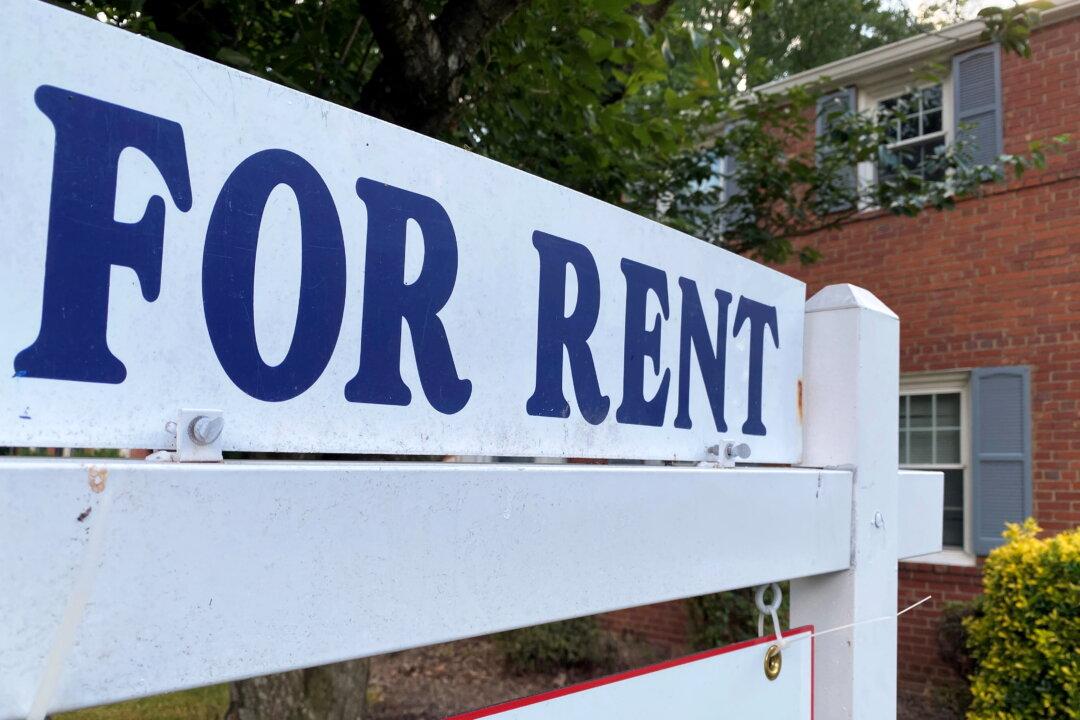LOS ANGELES—Los Angeles introduced on March 9 several motions to prohibit landlords from inquiring about a prospective tenant’s credit, eviction, or criminal histories, and require them to disclose in writing how they select tenants.
The legislative package—containing three motions—was introduced by Councilmen Mike Bonin and Marqueece Harris-Dawson and Councilwoman Nithya Raman, who said it would help combat renter discrimination and help people impacted by the pandemic financially or experiencing homelessness secure housing faster.





